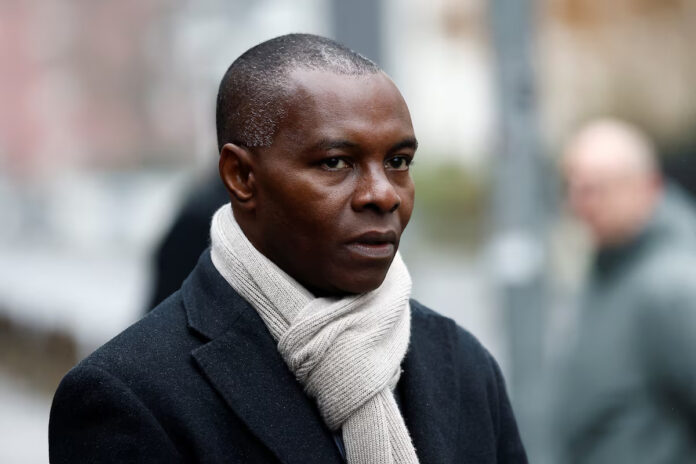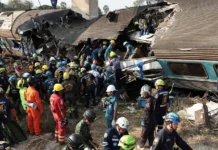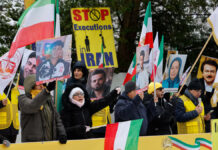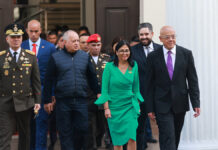
France has officially distanced itself from the escalating insecurity in West Africa, declaring that the region’s security challenges are no longer its responsibility. The announcement comes a week after Paris formally handed over control of its last major military base in the region.
Thani Mohamed-Soilihi, France’s State Minister for Francophone Affairs and International Partnerships, made the remarks during a media briefing in South Africa, where he is attending the G20 summit on global development.
“I’m sorry to say, but it no longer concerns us,” Mohamed-Soilihi said in response to a question from Reuters about the worsening security situation in the Sahel in the absence of French military forces.
“That’s a shame, because everyone can see the difference between [now and then]. But we are looking for other ways to maintain ties, not necessarily military,” he added.
France’s withdrawal from West Africa follows a wave of military coups across the region since 2022, which ushered in nationalist governments that demanded the departure of French forces. In the past three years, France has pulled troops from Mali, Burkina Faso, and Niger, all of which experienced military takeovers and rapidly deteriorating ties with their former colonial power.
In November 2024, Chad, one of France’s key security allies in the Sahel, abruptly ended its defense cooperation agreement, further dismantling the once robust French-led counterterrorism framework in the region.
For decades, French troops played a central role in combating jihadist insurgencies, thwarting armed rebellions, and stabilizing governments across West and Central Africa. However, their presence also drew criticism and resentment from some quarters, with accusations of neo-colonialism and interference.
The Sahel region, stretching across parts of Mali, Burkina Faso, Niger, and Chad, has become one of the world’s most unstable zones. More than a decade of Islamist insurgencies has displaced millions, devastated economies, and now threatens to engulf coastal West African nations. The past two months have marked one of the deadliest periods in the Sahel’s recent history, with a sharp rise in attacks attributed to jihadist groups.
While France maintains diplomatic and development ties with many African countries, Mohamed-Soilihi made clear that military cooperation is now contingent upon mutual consent.
“We continue to deal with countries that so wish,” he noted. “But France won’t be able to respond to the security problems of countries with which there is no longer a relationship.” The minister’s comments underscore a significant shift in French foreign policy, reflecting both a changing geopolitical landscape and increasing pressure at home to redefine France’s role abroad. With security responsibility now squarely in the hands of African nations and their regional alliances, the future of counterinsurgency efforts in the Sahel remains uncertain.
Written By Rodney Mbua


















